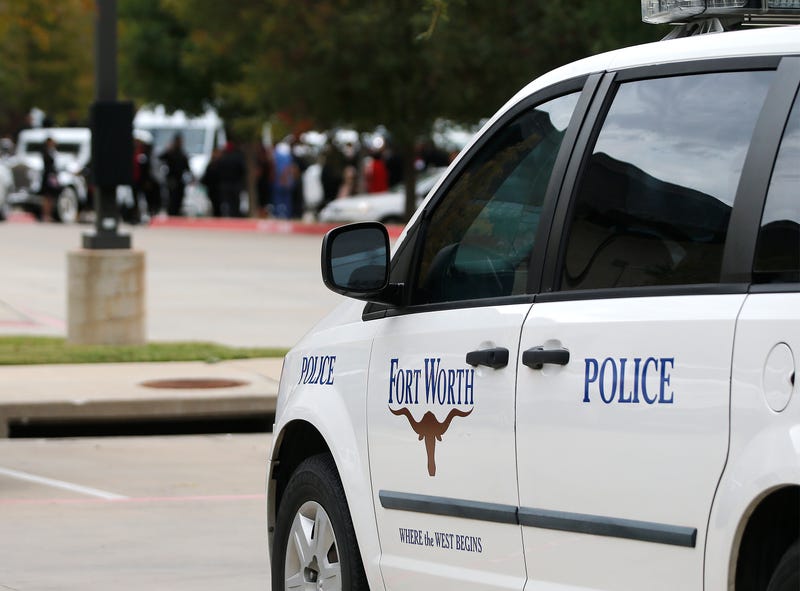
With violent crime on the rise in Fort Worth, the city's police chief has unveiled his strategy for reducing crime in the city.
Police Chief Neil Noakes said the Fort Worth Safe initiative contains three key pillars.
"Safety, wellness, and resiliency -- in a nutshell, that is our violent crime strategy," Chief Noakes said in an afternoon news conference. "A goal we'd like to see is to reduce violent crime in the City of Fort Worth overall by 10% within 12 months."
Like many cities across the country, Fort Worth has seen a dramatic increase in violent crime in recent years.
Mayor Mattie Parker said that's especially true with shootings.
"We've seen that rise from a low of 146 shootings in 2018 to 388 in 2021. That is 165% here in our community in Fort Worth," Mayor Parker said. "We've seen homicides increase from 70 in 2019 to 118 in 2021 -- a 66% increase."
Aggravated assaults are up from 2,427 in 2019 to 3.868 in 2021; but robberies are down, from 953 in 2019 to 722 in 2021.
Chief Noakes pointed out that most violent crime is concentrated in a relatively small number of areas.
"Out of 824 (Police Reporting Areas in the city), we found that 2.9% were contributing to almost 23% of our crime," Noakes said.
Noakes said building safety is the most important pillar in reducing crime -- to "stop the bleeding," as he puts it in an 18-page brochure outlining his plan.
"We will not arrest our way out of crime," said Noakes; "but when you look at number one, safety, we will be making arrests."
Patrols will be beefed up in the PRAs that have been identified as the ones seeing the greatest concentration of violent crime, and there will be an extra focus on illegal game rooms, which are often the sites of violent crime.
The department will also use technology, such as cameras and license plate readers, that are proven effective without compromising citizen privacy.
There will also be an extra emphasis on addressing family violence.
"Almost half of our aggravated assaults are family violence-related assaults," said Chief Noakes, who goes on to say that family violence hot spots are generally found in multi-family housing areas.
The department will distribute fliers to inform domestic violence victims where they can seek assistance.
On the aspect of wellness, the department will work with other city departments to address blight and quality of life issues in neighborhoods, including abandoned buildings, vacant lots with overgrown vegetation, and zoning violations.
In terms of resiliency, the department will shift to focused methods of law enforcement instead of a zero-tolerance approach and will work with faith leaders and houses of worship to develop strategies.
The department will identify the needs of communities most impacted by violent crime and will work with organizations that can address needs like food insecurity, job training, and quality medical care.
"It doesn't matter what ZIP code you live in. It doesn't matter what area you may come from. It doesn't matter what neighborhood you live in Fort Worth," Noakes said. "We all deserve to be safe. And that's what Fort Worth Safe is about."
LISTEN on the Audacy App
Sign Up and Follow NewsRadio 1080 KRLD

